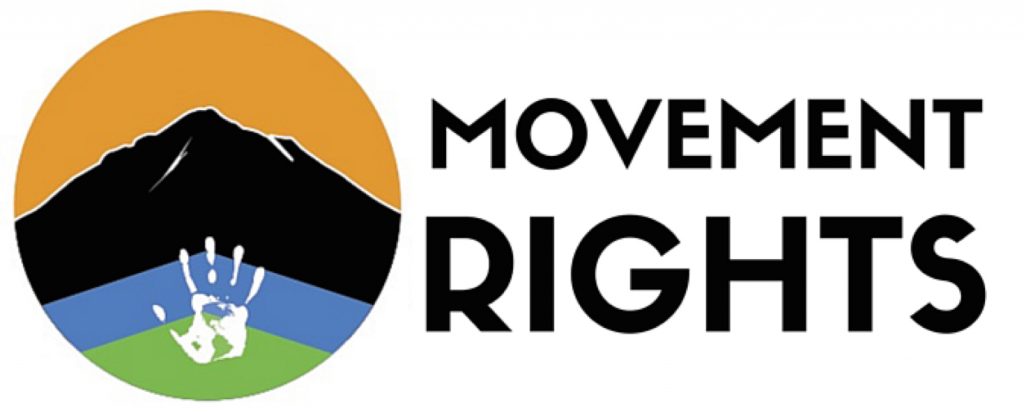Our Depth of Work

Worked on the first countywide law banning fracking by recognizing the rights of nature in California;

Created and organized a new model of climate and rights of nature convening. With over 40 partners and 250 participants The Frontline Oil and Gas (FOG) Conference.

Co-founded and serve on the executive committee for the Global Alliance for the Rights of Nature including co-organizing five international tribunals.




Provided systemic critiques and inspiring models of solutions through fact-finding delegations, community trainings, and in-depth reports.

We hold leadership roles in organizing state-wide anti-fossil fuel and climate change mobilizations, street actions and civil disobedience with coalition partners.
Indigenous Rights
Our Focus

Indigenous Rights
Indigenous Rights have never been more important for all humanity. Our survival means placing human activities within the boundaries of the Earth’s ability to absorb our impacts and protect the system of life for future generations. Over 80% of the world’s biodiversity is protected by Indigenous peoples whose ancestral relationship and responsibilities to Earth’s system of life remains intact. Despite centuries of colonization, stolen territories, forced assimilation and genocide, Indigenous Peoples retain their Right to their distinctive cultural heritage, ancestral knowledges, languages, land and traditional practices. Indigenous Rights are at the center of our work confronting colonial systems of oppression through our campaigns, conferences, social media, webinars, reports and more.
Learn more:
- UN Declaration on the Rights of Indigenous Peoples (UNDRIP) entitles Indigenous people to determine the outcome of decision-making that affects them.
- The Land Back Movement is decolonizing land by putting it back in the hands of ancestral protectors.
- Rescind the Doctrine of Discovery
- An Indigenous Peoples’ History of the United States by Roxanne Dunbar Ortiz

Rights of Nature
Much like stolen people and women were once considered property, current law almost everywhere “sees” nature as human or corporate-owned property, legalizing environmental destruction and climate crisis. Rights of Nature is at once a culture shift based on traditional Indigenous knowledge, and a legal framework that recognizes ecosystems as holistic rights-bearing entities with legal standing in court. Now law in 23 countries, it has stopped fossil fuel projects, mining, dams, and more. Indigenous-led Rights of Nature is a critical part of legal and culture shift, and connects with other powerful movements including Land Back, Just Transition, and confronting fossil fuels to name a few. We work with tribal communities through: Intertribal Rights of Nature (IRON) Forums, organizing and legal assistance, webinars, reports, fact finding delegations, media, conferences, and more.
Learn more:
- Universal Declaration on the Rights of Mother Earth (UNDROME)
- The Stillheart Declaration: Rights of Nature and the Economics of the Biosphere
- Movement Rights sits on the Executive Committee of the Global Alliance for the Rights of Nature (GARN), where Casey Camp Horinek co-chairs the Indigenous Council.
- Movement Rights sits on the International Rights of Nature Tribunal Judges panel

Climate Justice
How we treat the Earth is how we treat each other. We cannot truly address climate crisis if we separate the struggles for social, economic, cultural, racial and environmental justice. Indigenous, Black, People of Color, and low-income communities are the most impacted and are also the first to put their bodies on the line to protect the Earth, water, and future generations. We are accountable to them and their leadership as we confront systems of oppression. Our work includes solidarity events and direct action, convening frontline gatherings, confronting false solutions such as carbon trading, media analysis, participating at UN Climate (COP) events, and more.
Learn more:
- Movement Rights sits on the steering committee for the Build Back Fossil Free (now People VS Fossil Fuels) coalition
- Standing with the movement for Black Lives
- Our active Board of Advisors



